Health
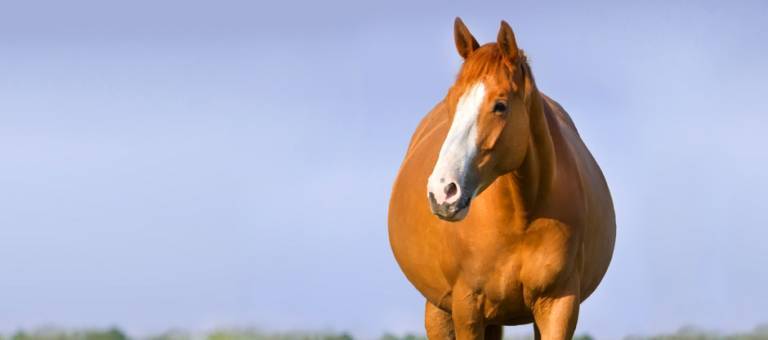
November 16, 2022
Mares Eating for Two: What’s New?
Pregnant mares, like some women, have changes in feed preferences and feeding behaviors that may benefit their growing fetuses.
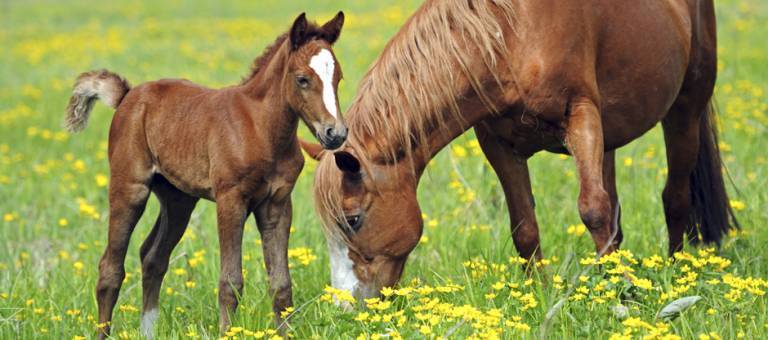
November 09, 2022
Blue Light Exposure in Pregnant Mares Safe for Offspring
The foals of mares exposed to blue light were observed for a year to determine if any long-term, detrimental
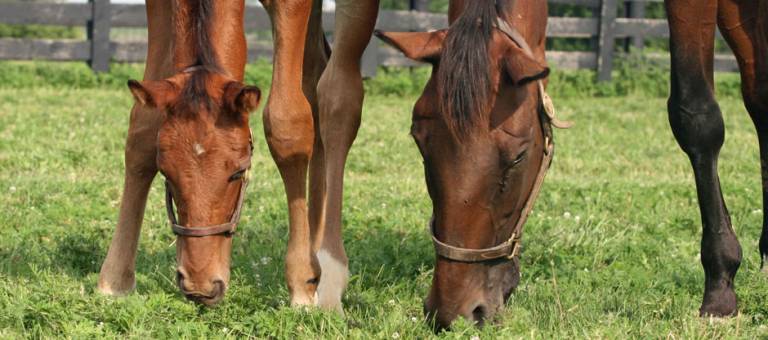
November 07, 2022
Predicting Foaling in Mares: Skin Temperature Fluctuations
New research indicates that monitoring changes in skin temperature may help predict foaling when used in conjunction with other
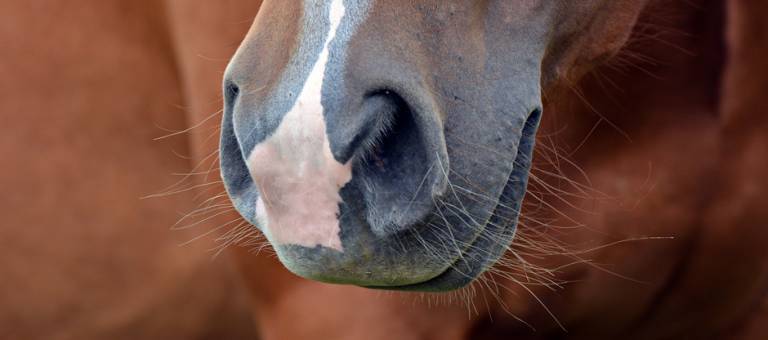
November 02, 2022
Why Horses Are Trapped by Severe Asthma
Neutrophil traps help ward off many types of infections. With asthma, however, they appear to be key players in
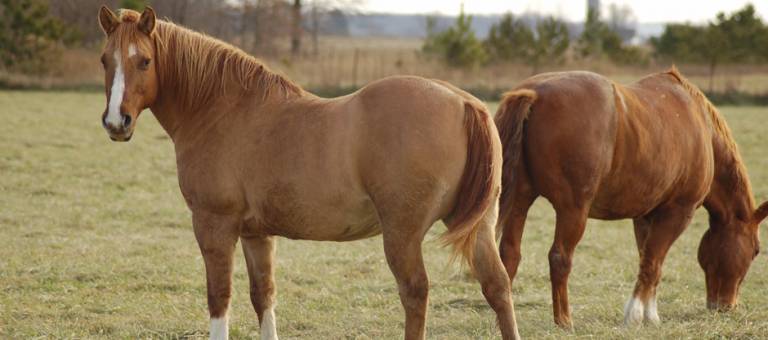
October 31, 2022
Human Drug Exenatide Holds Promise for Horses with Insulin Dysregulation
Veterinarians are on the lookout for effective therapies to battle insulin dysfunction, and a medication called exenatide shows promise.
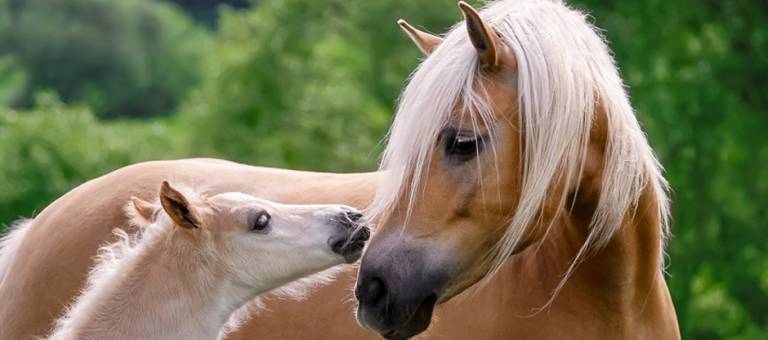
October 26, 2022
Broodmare Health: High-Risk Pregnancies Benefit from Early Aspirin Intervention
Researchers revealed that aspirin given during mid and late gestation increased uterine blood flow and appeared safe for the
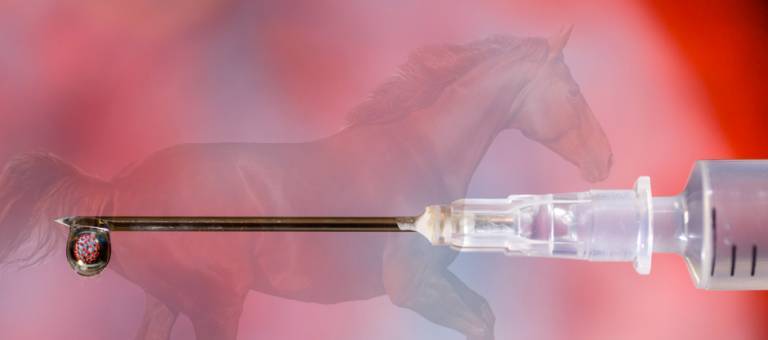
October 24, 2022
Optimize Your Horse’s Booster Vaccines
To learn how often silent viral shedding occurs at events, researchers collected nasal secretions and stall swabs from horses
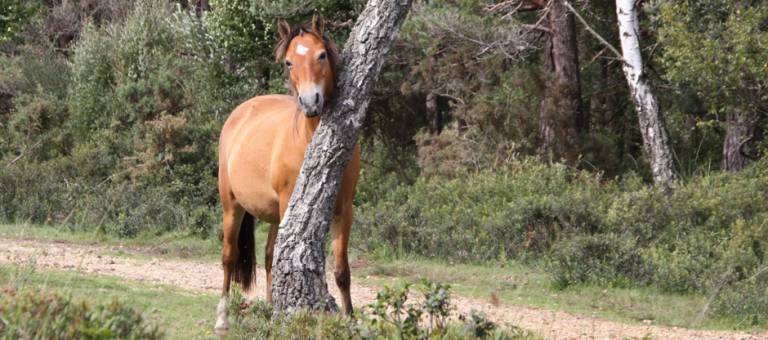
October 19, 2022
Itching to Understand: Horses and Insect Bite Hypersensitivity
In an effort to identify a novel, effective treatment, researchers recently looked at the role of skin cells in
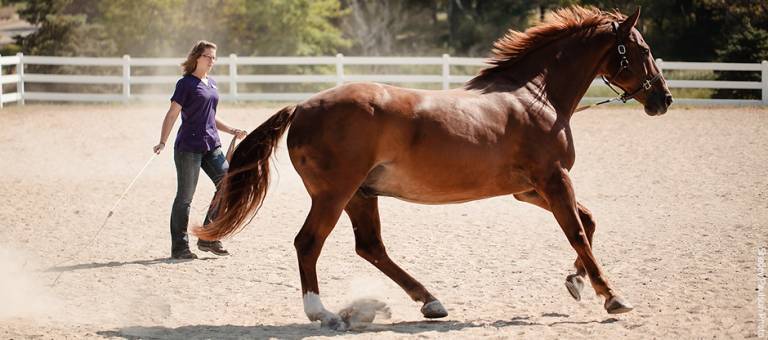
October 12, 2022
Circling Back to Joint Health in Horses
Researchers recently examined whether circular exercise leads to asymmetry of forelimb bones in youing animals.
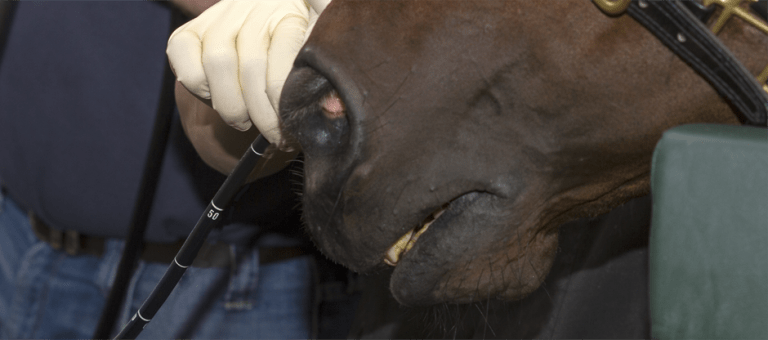
October 10, 2022
Glandular Gastric Ulcers: Getting to the Root of Management
Research suggests that licorice has anti-ulcer properties, and donkeys offered licorice had reduced severity of bute-induced gastric ulcers.







